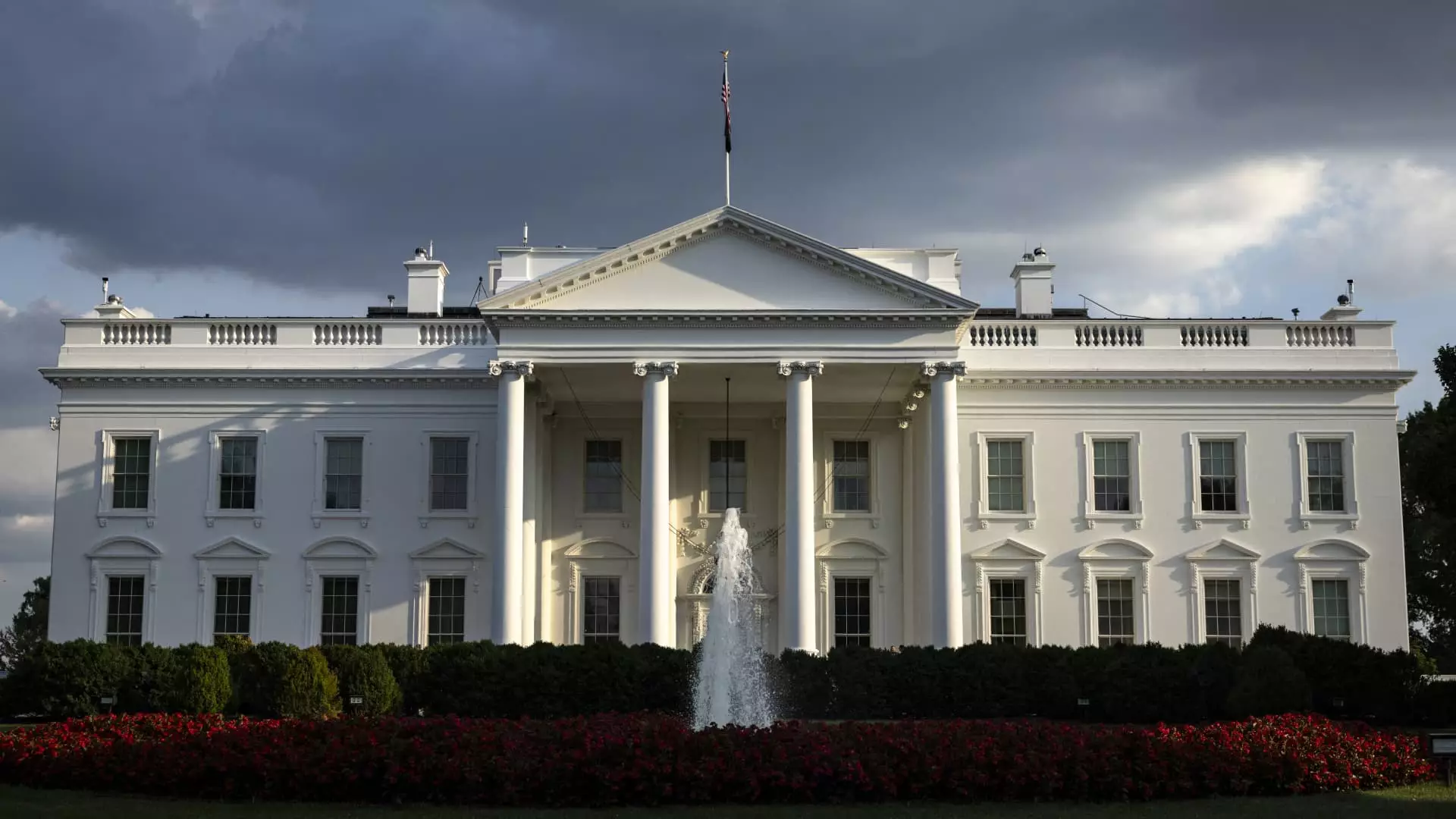With the upcoming change in administration in 2025, traders and investors are left wondering about the impact on the markets and economy. The stark differences in policy platforms between the two parties raise concerns about the future. A hypothetical handbook titled “What to Expect When You’re Electing” could provide insights into the potential economic prospects under the new leadership. This guide would compare policy platforms, predict market behavior, and analyze tax and regulatory policies.
Under a potential second term for President Donald Trump, the GOP might focus on extending the 2017 Tax Cuts and Jobs Act, reducing corporate taxes to 15%, and implementing tariffs on imports. While tax cuts and deregulation can benefit businesses and Wall Street, they may also contribute to an increase in deficits and debt. Additionally, tariffs could lead to inflation and global trade tensions that may result in a recession. Furthermore, plans for mass deportations of immigrants could disrupt the labor force and worsen economic conditions.
On the other hand, Vice President Kamala Harris, endorsed by President Joe Biden, may prioritize rolling back the Trump tax cuts and increasing the top marginal income tax rate to 39.6%. Moreover, raising the corporate tax rate to 28% and implementing stricter regulations could impact the business sector negatively. Proposals to increase taxes on capital gains and dividends, as well as calling for billionaires to pay a higher percentage of their income in taxes, could also have repercussions on the economy.
Historically, the first year of a presidential cycle is known to be challenging for the stock market. As such, investors are advised to consider locking in profits earlier to mitigate risks associated with policy changes and unexpected events. While the past few years have been profitable for stock market investors, it is crucial to plan for the future and set aside contingency funds to cope with any potential economic downturns caused by the new administration.
The dynamics of political changes and shifting economic policies will undoubtedly influence the trajectory of the economy in 2025. Traders and investors must remain vigilant and adapt their strategies to navigate through uncertain times. Regardless of the political landscape, being prepared for potential challenges and opportunities will be essential for achieving financial stability and success in the coming years.

